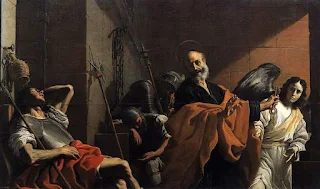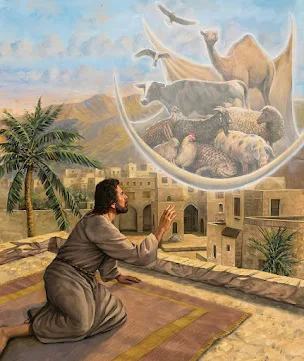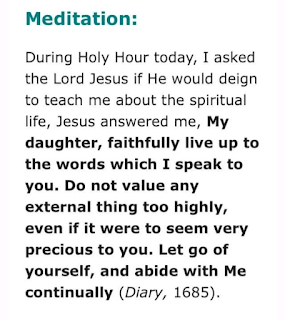The joy of studying and preaching Exodus for the first time in 2022. In brief, all people need only 3 things without which we will still be enslaved by someone or something and are no different from the slaves oppressed by Pharaoh in Egypt:
- Deliverance (Exo 19:4; 20:2). We need a Savior (Mt 1:21). No one can save themselves. I need salvation to "be joyful always."
- Obedience (Exo 19:5; 20:3-17). We need to obey the Law (Jn 14:15) to be happy. I need to obey God "be joyful always."
- Tabernacle (Exo 25:8; 29:44-46). We need a tabernacle for God to dwell with us (Jn 1:14). I must build my tabernacle to "be joyful always."
In 2023, no matter what, the only 3 things I need--deliverance/salvation, obedience/Law, tabernacle--do not change one iota.
The most joyest event in 2022 is when Johnny, my youngest and 7th grandchild, was born on 2/13/2022. Christy and I baby sit him 3 days a week, 6 hours each day. It is the first time in my 6 decades of life that I've spent so much time with a baby, since I hardly spent any time with our own 4 kids and 6 prior grandchildren when they were babies. But by enjoying baby Johnny 3 days a week I realized that I had missed 10 previous opportunities to enjoy lovely babies.
Next, though this was a loss for our Podil members, it was a happy surprise that John and Maria became a part of our WL church community in mid 2022. Dasha tells me that WL stole John and Maria from them. At the end of 2022 we also celebrated the joyous white wedding of Sarah Gutierez. Finally, what is always joyful all year round without exception is knowing your prayer, love and support for me, despite my many shortcomings and sins. But things happened in 2022 that I was quite sad and sorry about, yet God wants me to never lose my joy in Him.
Departure of friends. When people leave the church after many years or even decades, I feel that I've lost some friends that I at least see every Sunday at church. And if they left the church because of me, I'm sorry that I said things that caused them to leave. Despite the departure of some long standing older and younger people, I know that God has comforted and helped me to keep my heart and to "be joyful always" only because of Christ.
Indicted for a criminal offense. In mid-December half a dozen FBI agents came to my house unannounced to arrest me in hand-cuffs at 7:15 am for committing health care fraud. Without going into detail about the charges, it completely surprised me. It's the first time I've ever been hand-cuffed as a potentially dangerous criminal. I was in detention with leg chains for a day with 2 other convicted felons in the same jail cell, and I was released on bond to be tried at a later date. If found guilty my maximum sentence is 10 years in prison + a fine of up to $500,000. This waiting for a jury trial and their verdict is uncomfortable and distressful with many unknowns. But my key verse says, "be joyful always." I learned practically that joy is a choice which has nothing to do with my situation or circumstances. Even Jesus saw the joy set before him while being tortured, crucified and executed on the cross (Heb 12:2). So "be joyful always" is still a great KV for 2023.
Why did this happen? I've been praying that God would sanctify and purify me to be more like Jesus. So, without a doubt God is faithful to answer my prayer. Would you also pray for yourself for God to truly sanctify and purify you?
II. Because of the possibility and prospect of being found guilty and sent to jail, a few key verses for 2023 are:
- Phil 4:8b--"if anything is excellent or praiseworthy--think about such things."
- Isa 55:9--"my ways [are] higher than your ways, and my thoughts than your thoughts."
- Mt 6:33--"But seek first his kingdom and his righteousness..."
- Heb 13:5--"Keep your lives free from the love of money and be content with what you have, because God has said, 'Never will I leave you; never will I forsake you,'" which is from Dt 31:6: "Be strong and courageous. Do not be afraid or terrified because of them, for the Lord your God goes with you; he will never leave you nor forsake you."
With these verses in mind, being in jail is no big deal in the big picture and in the scheme of things. I hope Christy will visit me in jail. But I have to confess that I will miss seeing my 7-8 grandchildren grow up.
In 2023, God willing, and with your love, prayer and support, John and I will preach. I pray to preach through Acts. Pray for God to bless our outreach and evangelism at UIC. Pray for Ukraine and the end of the war.































